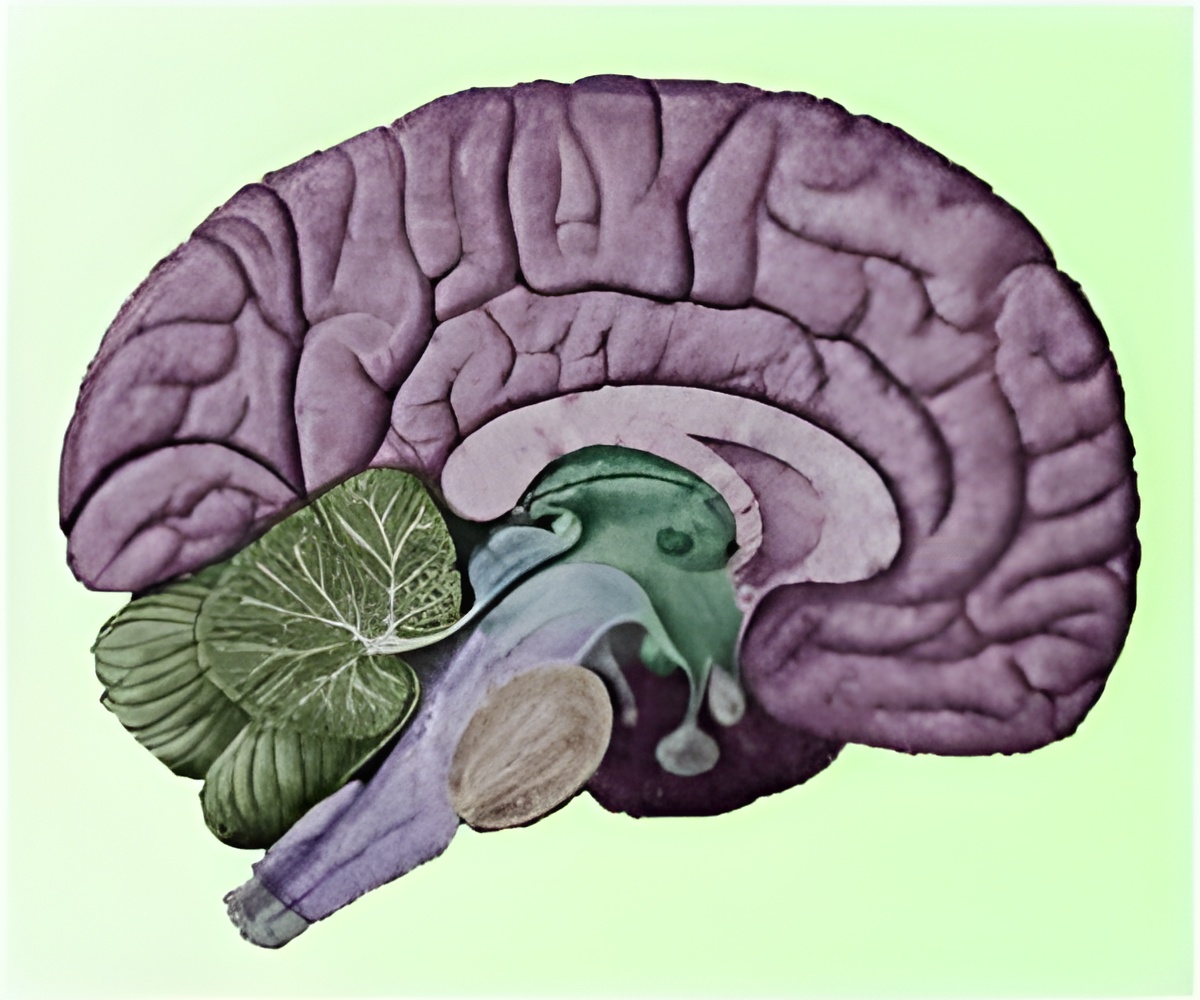
Now a Bristol university study has found that when we need to remember that a particular object, for example a face, occurred in a particular place, or at a particular time, all these brain regions have to work together – not independently.
The research, led by Dr. Clea Warburton and Dr Gareth Barker in the University’s School of Physiology and Pharmacology has been published in the Journal of Neuroscience,
Dr Warburton said: “We are very excited to discover this important brain circuit. We’re now studying how memory information is processed within it, in the hope we can then understand how our own ‘internal library’ system works.”
The researchers investigated the neural basis of our ability to recognise different types of stimuli under different conditions. Of specific interest were two types of recognition memory: ‘object-in-place recognition memory’ (remembering where we put our keys), and ‘temporal order recognition memory’ (when we last had them).
Neither ‘object-in-place’ or ‘temporal order recognition’ memories could be formed if communication between the hippocampus and either the perirhinal cortex, or the medial prefrontal cortex, was broken. In other words, disconnecting the regions prevented the ability to remember both where objects had been, and in which order.
Advertisement
Advertisement












